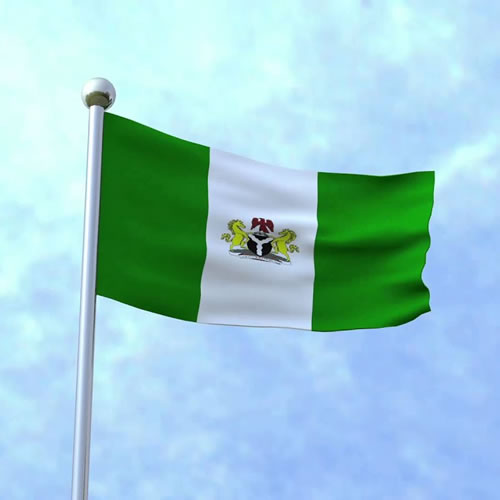Africa
Nigeria’s Billion-Naira Mystery -By Abdulazeez Toheeb Olawale
The way forward is clear: stronger institutions, full disclosure of public spending, real accountability for looters, protection for whistleblowers, and the use of technology to block leakages. But what Nigeria truly needs is political will. Too often, the so-called anti-corruption fight is selective, shielding allies while chasing opponents.

The Nigerian government says ₦350 billion has been shared among the poor. Yet, not a single beneficiary can be identified. This is the latest billion-naira mystery in a country where corruption has become a way of governance. How can so much money vanish in the name of poverty alleviation, while the poor remain as hungry and hopeless as ever?
Just last two week, the Minister of Finance made the bold claim that billions were distributed to Nigerians in need. But without names, records, or proof, the announcement has only fueled suspicion. In a nation of 250 million people, citizens are left asking: who really got this money?
This is not an isolated episode. From the ₦1.7 trillion fuel subsidy fraud to the $2.1 billion arms procurement scandal, and the recent financial mismanagement at the Central Bank of Nigeria, the pattern is depressingly familiar—billions vanish, nobody is punished, and life for ordinary Nigerians gets worse.
Aisha Usman, a food vendor in Kano, summed it up: “They keep saying they are sharing billions to the poor, but the poor are still hungry.”
The private sector is equally guilty. From inflated COVID-19 contracts to small businesses forced to pay bribes for licenses, corruption has become the price of doing business in Nigeria. As young entrepreneur Emeka Okafor put it: “Before you even register your company, someone is already asking you to ‘settle’ them. How can youths survive in such a system?”
The human cost is devastating. Looted health funds mean mothers die during childbirth. Stolen education budgets leave children learning under trees. Embezzled infrastructure funds mean more accidents on bad roads. Corruption is not just numbers—it is lives cut short and dreams destroyed.
Transparency should be the antidote. Nigeria has tried with the Treasury Single Account and the Nigeria Extractive Industries Transparency Initiative, but secrecy still defines public finance. Empty pronouncements of billions “shared” without evidence only deepen mistrust.
The way forward is clear: stronger institutions, full disclosure of public spending, real accountability for looters, protection for whistleblowers, and the use of technology to block leakages. But what Nigeria truly needs is political will. Too often, the so-called anti-corruption fight is selective, shielding allies while chasing opponents.
Until Nigeria confronts corruption sincerely, development will remain a mirage. The question remains: in a nation drowning in poverty, who really benefits from these billion-naira mysteries? Because the poor certainly don’t.
























